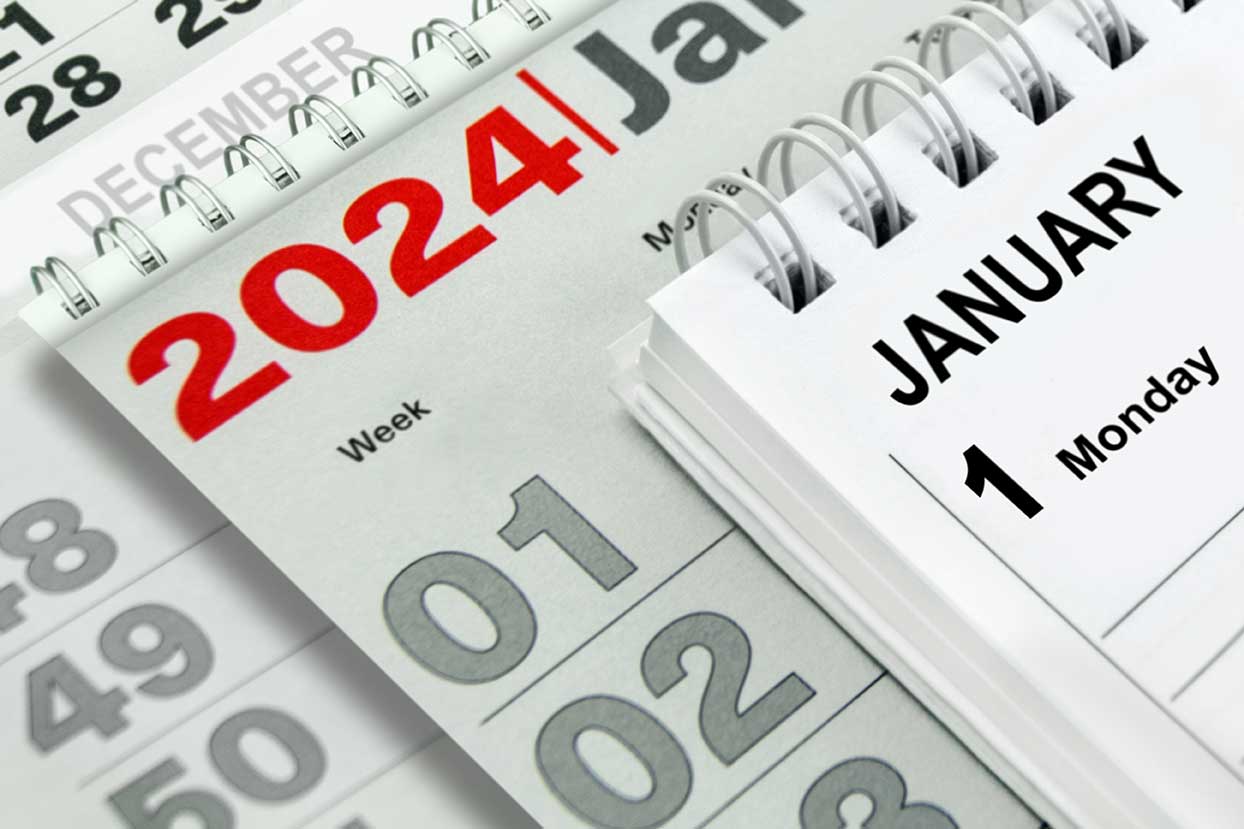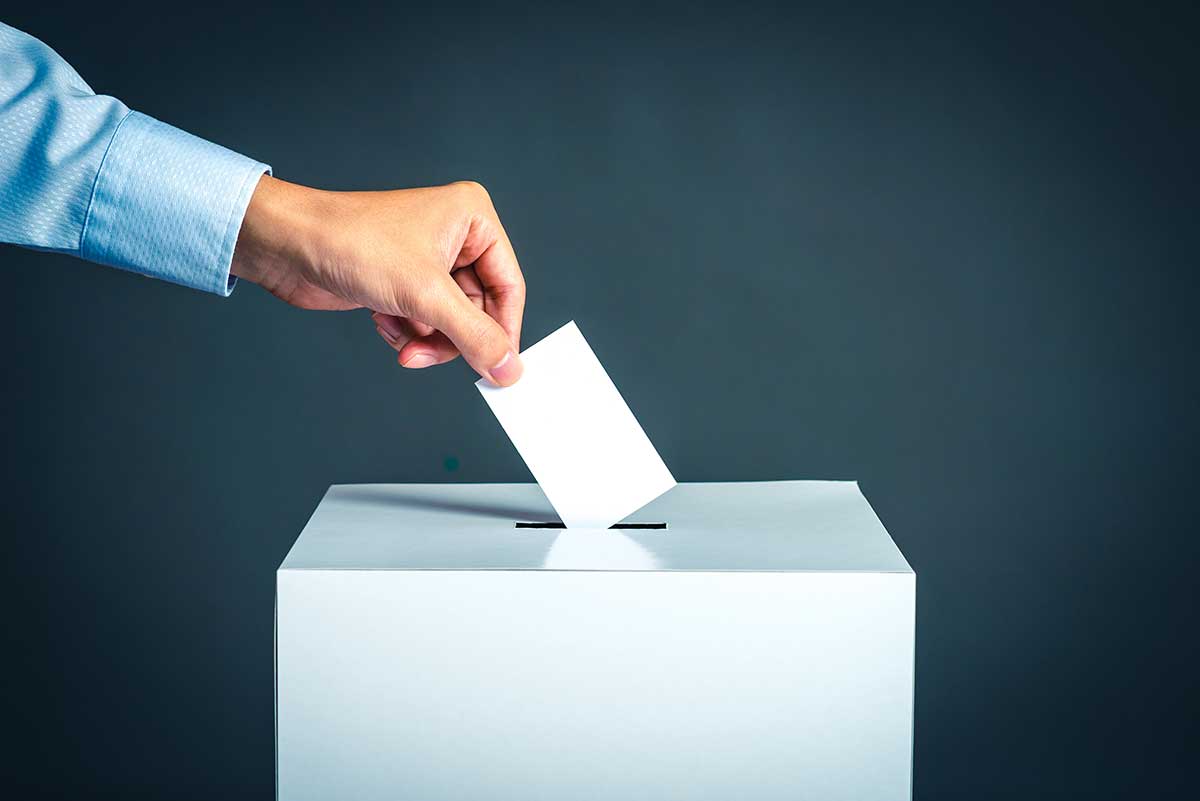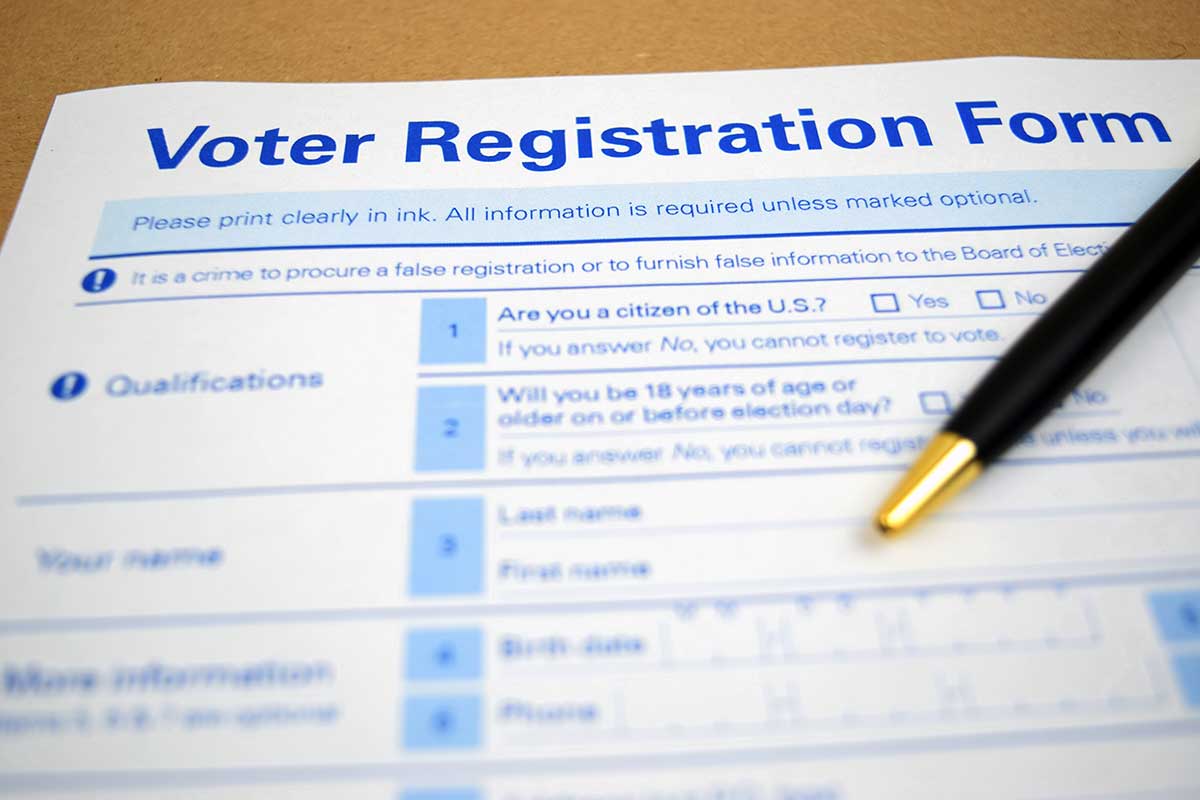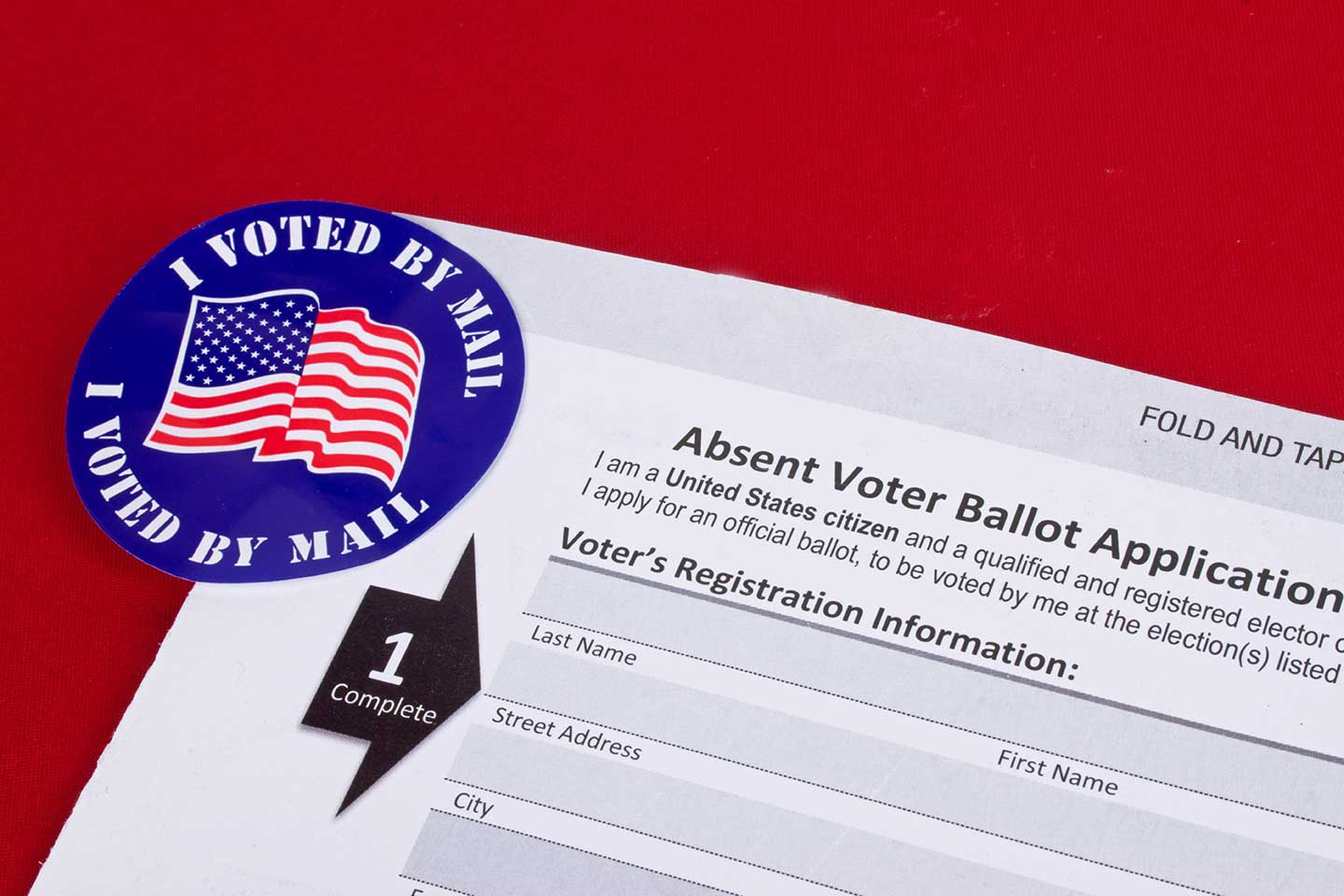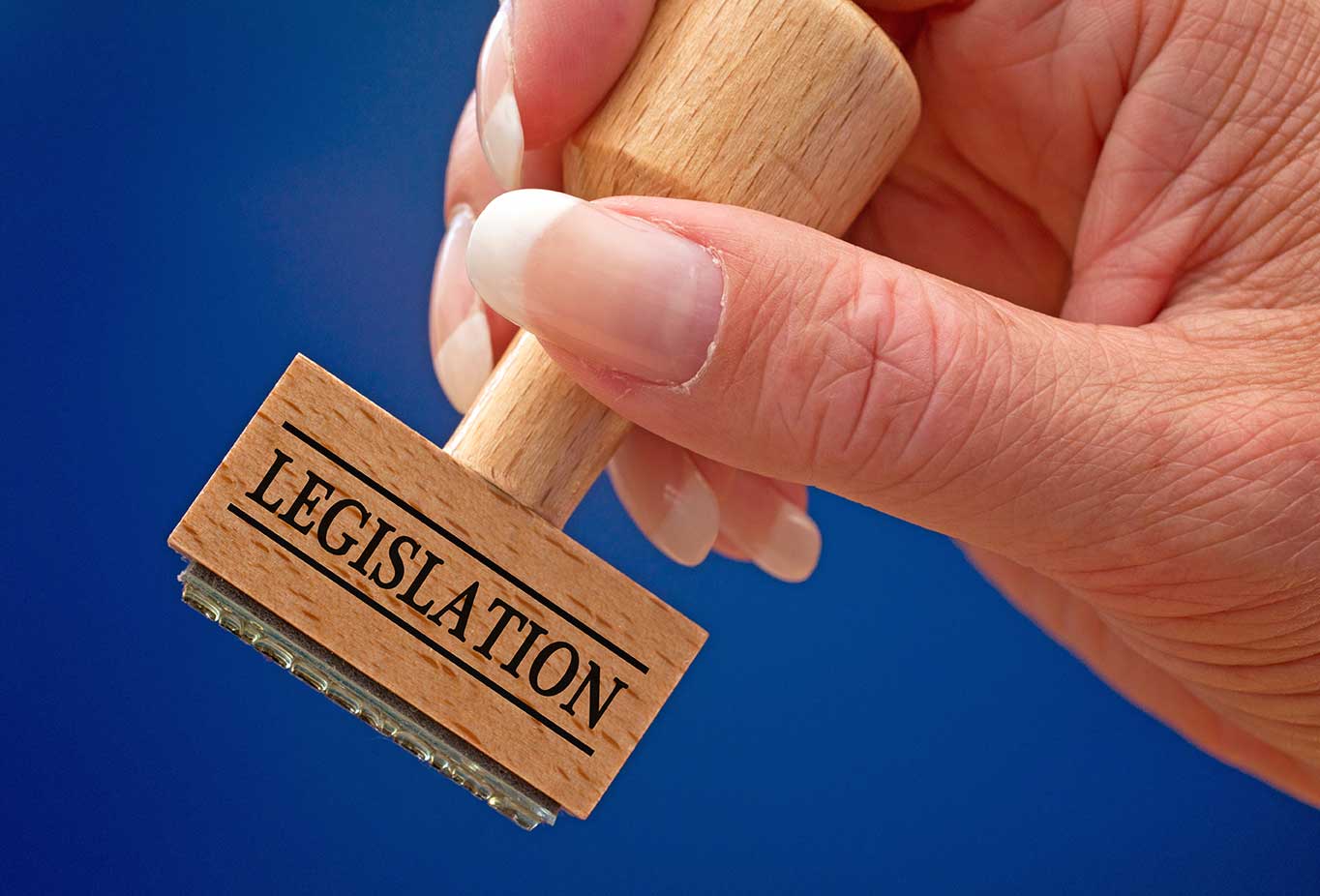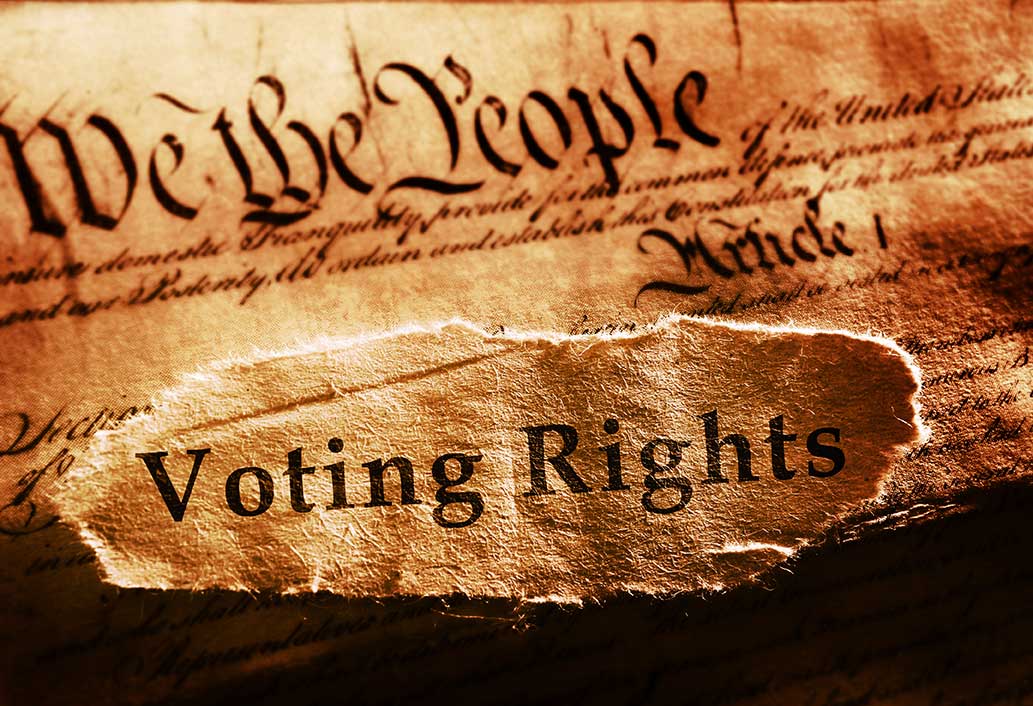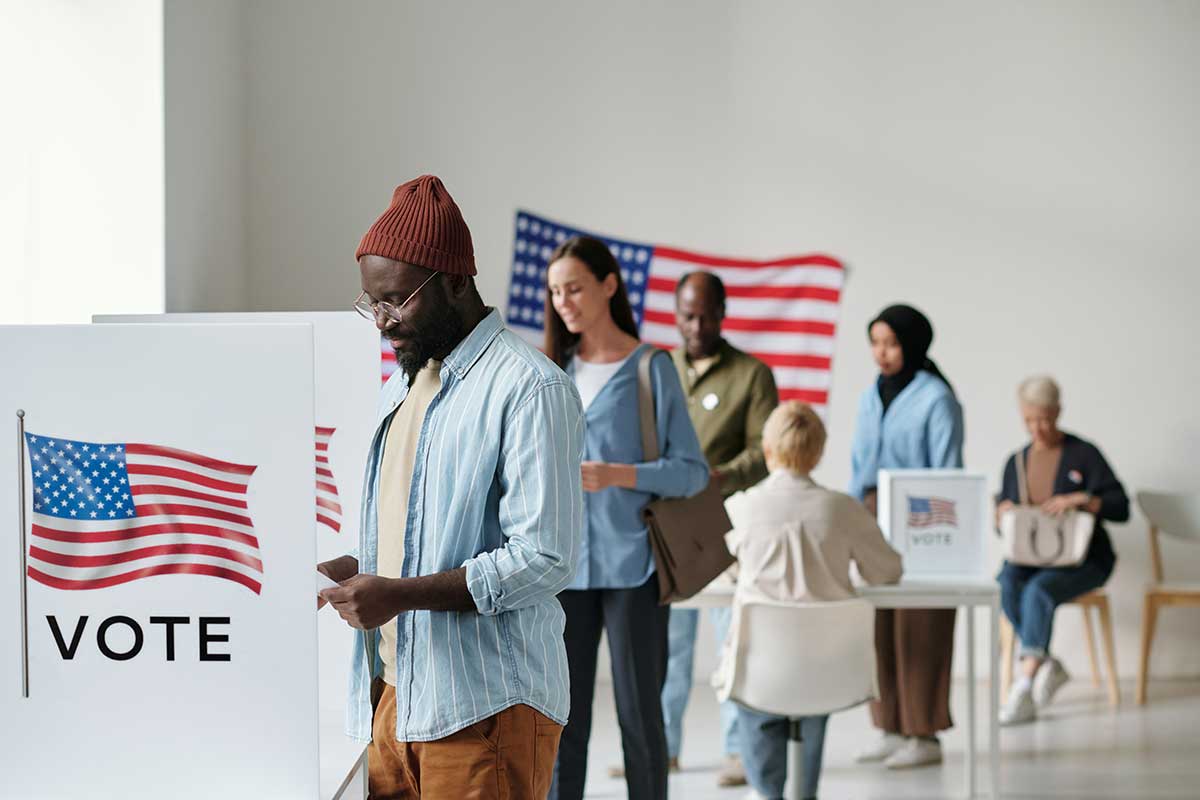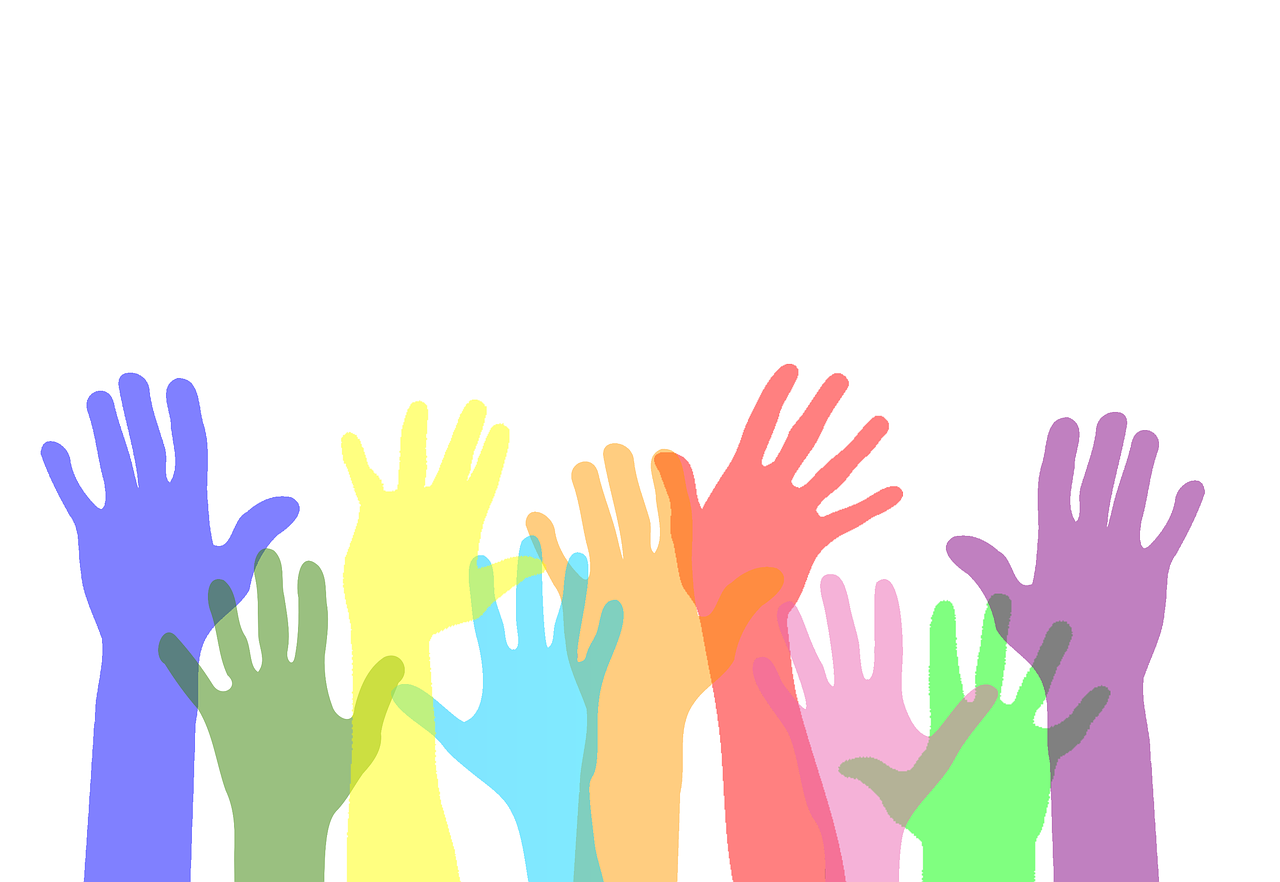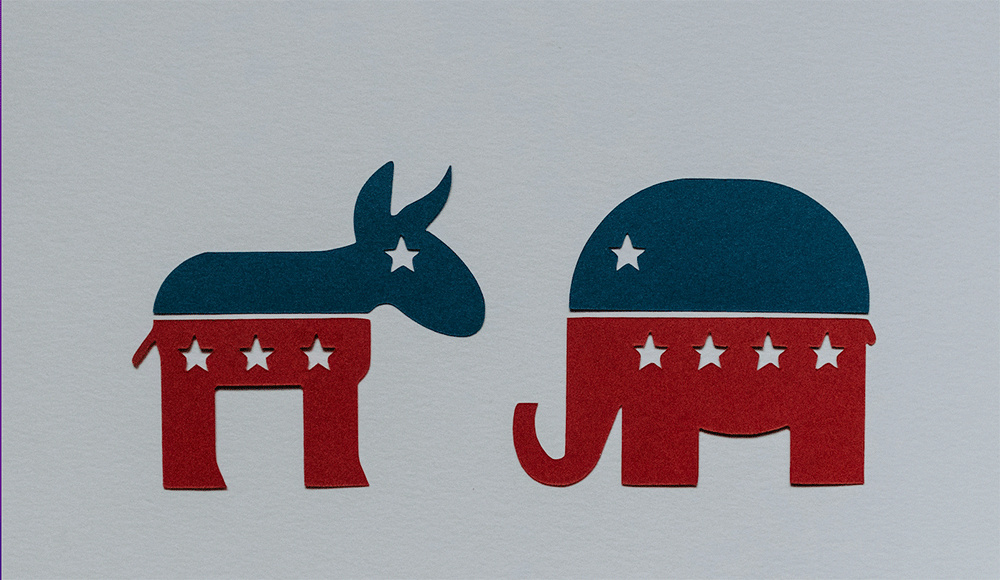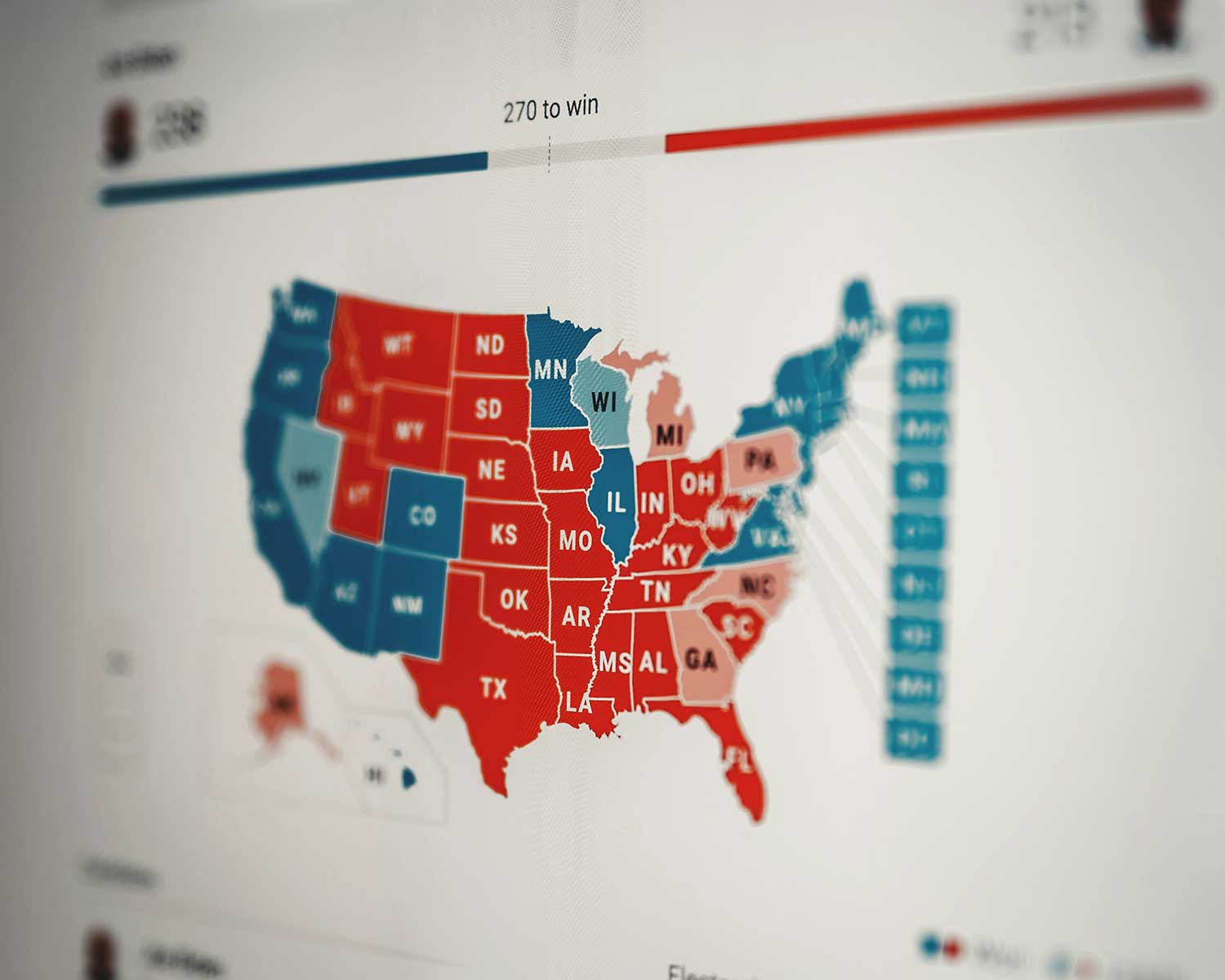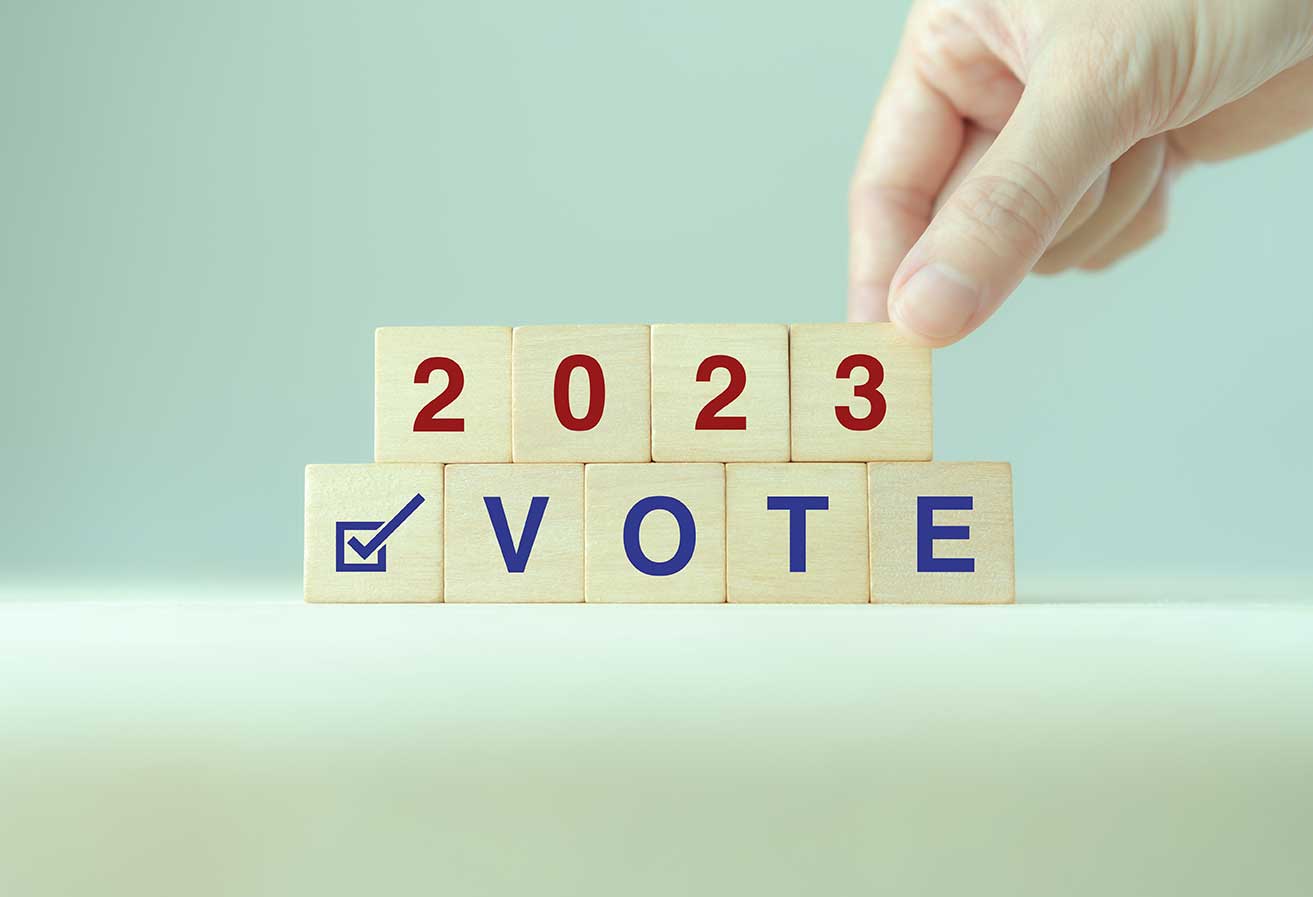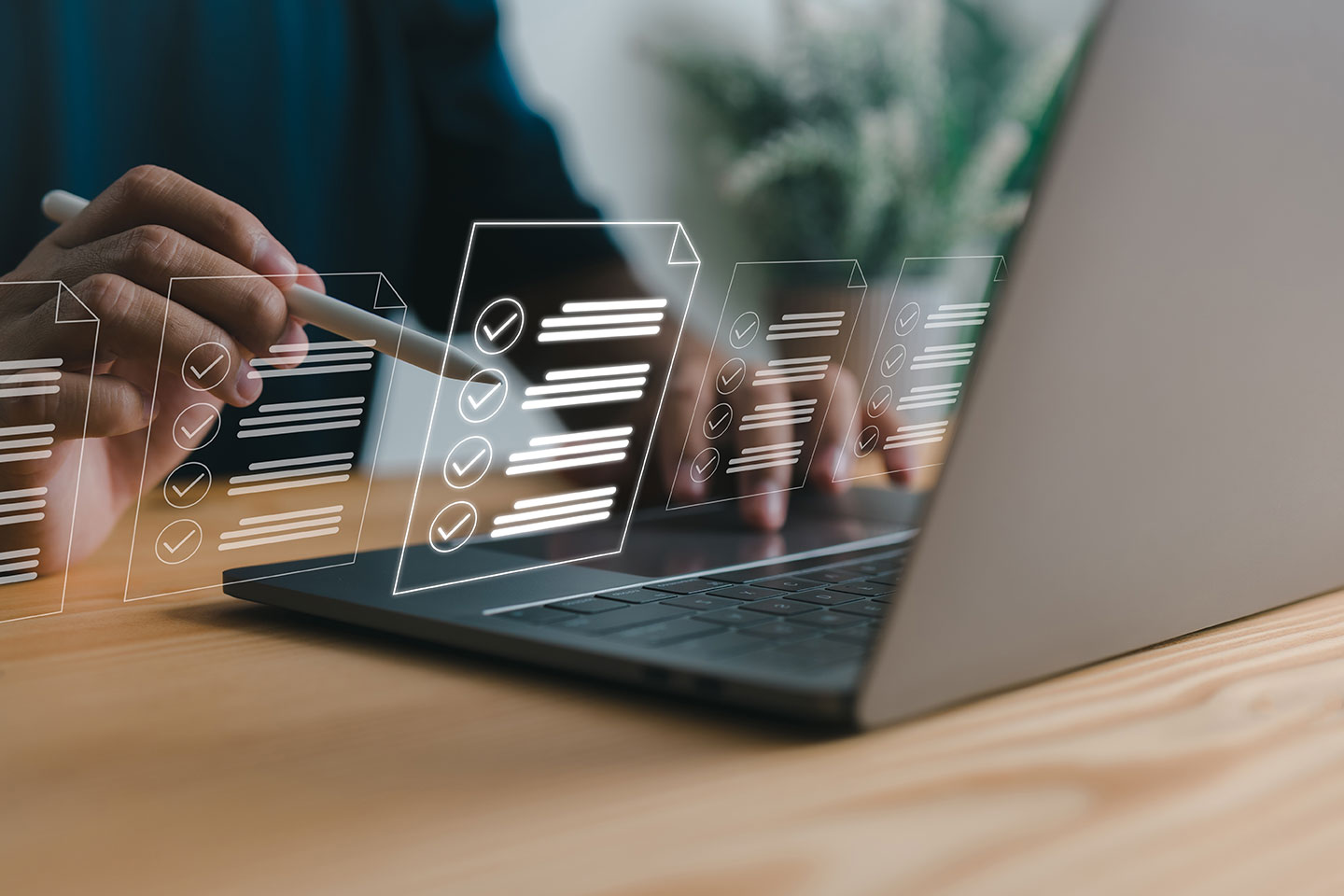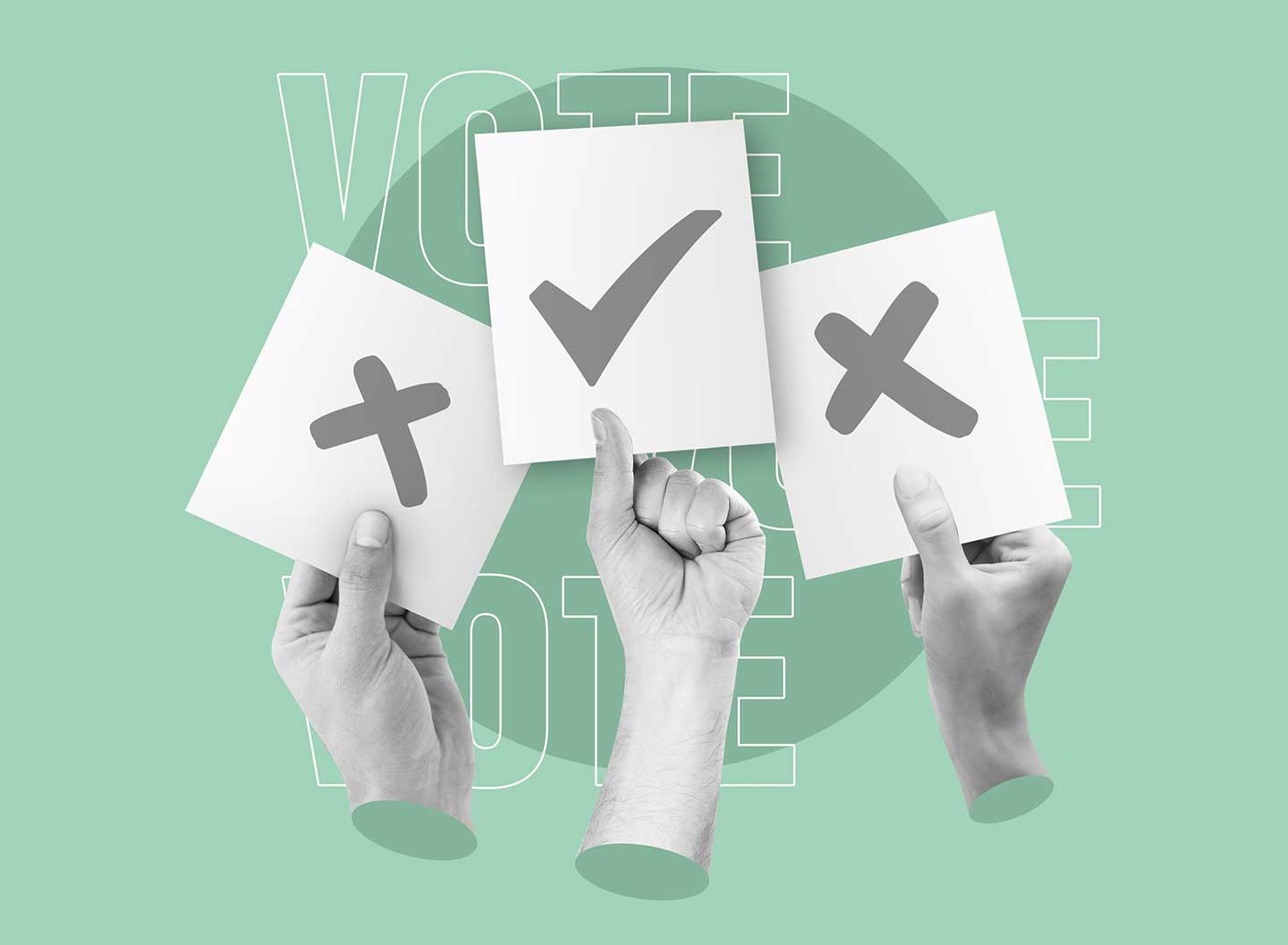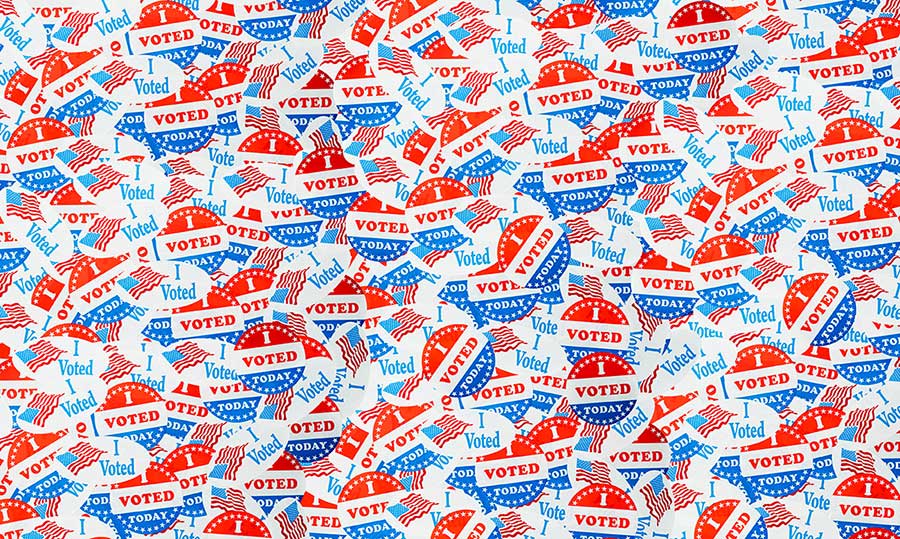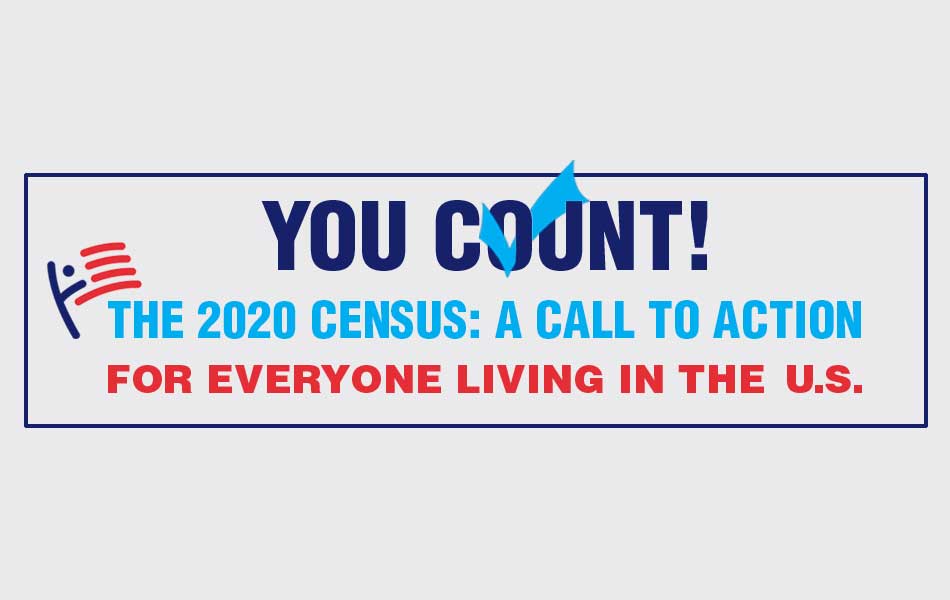
Rock the Vote
Today is the 2024 November General Election!
Register to Vote!
Vote Early & Head to the Polls!
If you live within the five boroughs, you can register to vote here.
If you live elsewhere in New York, you can register to vote online through the State Board of Elections website here.
If you are a CUNY Student, follow these steps to register to vote:
Step 1: Log into CUNYfirst
Step 2: Click NYS Voter Registration Form
Step 3: Fill out form
Note: Most of the required information is automatically filled out for you.
Step 4: Confirm that you read,and then swear to the affidavit
Step 5: Click agree to register to vote
If you would like more information on how to register to vote, visit CUNY’s guide.
If you are looking for your polling site visit here.
Understanding Early Voting
Did you know that in most states you can vote and cast your ballot early? New York State allows all registered voters to start voting up to 10 days before Election Day!
Early voting was first adopted in New York State for the 2019 November General Election. The law states that “a person duly registered and eligible to vote shall be permitted to vote” during that early timeframe.
Voting early is convenient, flexible and often fast as polling locations tend to be less crowded during this time period rather than on Election Day. It also allows for voting on the weekends. This makes voting more accessible because people now have more time to vote, and there is less pressure on our poll workers!
An early voting site may be different from an Election Day polling location, so a voter should check before heading out to the polls.
Early voting for the November 2024 Election in New York State begins on October 26, 2024, and ends on November 3, 2024 with Election Day falling on November 5, 2024.
Early Voting by Mail
The New York Early Mail Voter Act, which was enacted in 2023 and took effect in January 2024, now allows voters to vote early by mail, and you are not required to provide a reason or an excuse to vote by mail! Any registered voter may request an early ballot for themselves by mail. It will be counted so long as it is received by the Board of Elections before the close of the polls on Election Day.
However, if you have an early mail or absentee ballot for the 2024 election, you cannot use a voting machine at your general election day poll site, if you change your mind.
If you do not mail your absentee or early mail ballot, you will only be permitted to vote in person with an affidavit ballot at your poll site, and not by a voting machine. This ballot will still be counted.
How to Apply for an Early Mail Ballot
- Online at https://requestballot.vote.nyc
- To request an accessible ballot if you have a reading, writing or print disability, go here: https://requestballot.vote.nyc/accessibility
- You may also go to your local Board of Elections office and pick up an early mail ballot.
- If you are not able to pick up your ballot, you have the right to designate someone to retrieve the early ballot so long as that person is designated on your application.
A request for an early mail ballot or absentee ballot by mail or online must adhere to the 10-day deadline (October 26, 2024). A voter can apply in-person up to the day before an election (Nov 4, 2024). You can drop off your completed absentee or early mail ballot at any early voting site while polls are open.
To find out more about early voting visit: https://www.vote.org/early-voting-calendar/
Get Out Early & Make Your Voice Heard!
Additional Information:
If you plan to vote absentee, fill out the application here.
Key things to remember if you plan to vote absentee:
- If you have applied for an absentee ballot either by mail, online or in-person, you may not cast a ballot on a voting machine for that election.
- However, if you have applied for an absentee ballot, and you changed your mind and want to vote in-person, whether during early voting or on election day, you may complete an affidavit ballot at the poll site. Affidavit ballots will be kept separate by the poll workers until the election is completed.
- To ensure that one ballot, one vote is cast by each voter, election officials will confirm if a voter’s absentee ballot has been received. If the absentee ballot has been received, the affidavit ballot will not be counted. If the absentee ballot has not been received, the affidavit ballot will be counted.
Federal Offices:
- President of the United States
- 2024 is a Presidential Election year! Use your voice to vote for the President of the United States and their running mate: a Vice President.
- The President can sign or veto legislation passed by congress, issue executive orders to advance policy, propose a federal budget to congress, and appoint heads of federal agencies, federal judges, supreme court justices and ambassadors, among other powers. The President is also the Commander in Chief of the U.S. Military.
- The Vice President would take over for the President if the President is unable to perform their duties, serves as the President's most trusted advisor, and tackles/addresses certain policy issues referred by the President. The Constitution designates the Vice President as the President of the Senate. In that capacity, they serve as the presiding officer of the chamber with the authority to break a tie vote in the Senate and to oversee the counting of electoral ballots cast in presidential elections.
- To learn more, visit: President's Role; Vice President's Role
- 2024 is a Presidential Election year! Use your voice to vote for the President of the United States and their running mate: a Vice President.
- U.S. Senator
- You will be voting for one of the two Senators that represent our State in Congress.
- United States Senators have the power to propose legislation, draft or amend bills, delay or block legislation by taking the time to speak on the issue (filibuster), formulate the federal budget and appropriations, approve or reject presidential appointees, approve treaties with foreign nations and more!
- To learn more, visit: U.S. Senator's Role
- United States Senators have the power to propose legislation, draft or amend bills, delay or block legislation by taking the time to speak on the issue (filibuster), formulate the federal budget and appropriations, approve or reject presidential appointees, approve treaties with foreign nations and more!
- You will be voting for one of the two Senators that represent our State in Congress.
- Member/Representative in the U.S. House of Representatives
- Members in the United States House of Representatives in the U.S. Congress are up for re-election. Get ready to vote for your member in the House this November.
- United States Representatives can introduce bills and resolutions, offer amendments, pass legislation, approve appropriations, serve on committees, and more.
- To learn more, visit: U.S. Representatives' Role
- United States Representatives can introduce bills and resolutions, offer amendments, pass legislation, approve appropriations, serve on committees, and more.
- Members in the United States House of Representatives in the U.S. Congress are up for re-election. Get ready to vote for your member in the House this November.
State:
- New York State Senator
- Vote for your representative in the State Senate if your permanent address is in New York State.
- State Senators in the upper chamber of the New York State Legislature work with the State Assembly and Governor to introduce and approve bills and resolutions to create a body of State laws, set levels for state spending, raise and lower taxes, approve a state budget, vote to uphold or override gubernatorial vetoes, and approve state appointments.
- To learn more, visit: NYS Senator's Role
- State Senators in the upper chamber of the New York State Legislature work with the State Assembly and Governor to introduce and approve bills and resolutions to create a body of State laws, set levels for state spending, raise and lower taxes, approve a state budget, vote to uphold or override gubernatorial vetoes, and approve state appointments.
- Vote for your representative in the State Senate if your permanent address is in New York State.
- New York State Assemblymember
- It is re-election time for the State Assembly if your permanent address is in New York State!
- Assemblymembers introduce and pass bills that establish public policy, set levels for state spending, raise and lower taxes, approve a state budget, and uphold or override gubernatorial vetoes like the New York State Senate. These two chambers work in tandem with each other.
- To learn more, visit: NYS Assemblymember's Role
- Assemblymembers introduce and pass bills that establish public policy, set levels for state spending, raise and lower taxes, approve a state budget, and uphold or override gubernatorial vetoes like the New York State Senate. These two chambers work in tandem with each other.
- It is re-election time for the State Assembly if your permanent address is in New York State!
State Ballot Measures:
- New York State Equal Protection of Law Amendment
- This would amend the Equal Protection Clause in the New York State Constitution to prohibit a person’s rights from being denied based on their “ethnicity, national origin, age, and disability” and based on their “sex, sexual orientation, gender identity, gender expression, pregnancy, pregnancy outcomes, and reproductive health care and autonomy”
- This ballot measure expands the definition of what is protected under the Equal Protection Clause as the current clause prohibits the denial of rights based on "race, color, creed, or religion.
- To learn more, visit: New York State Equal Protection of Law Amendment Text ; More Information
- This ballot measure expands the definition of what is protected under the Equal Protection Clause as the current clause prohibits the denial of rights based on "race, color, creed, or religion.
- This would amend the Equal Protection Clause in the New York State Constitution to prohibit a person’s rights from being denied based on their “ethnicity, national origin, age, and disability” and based on their “sex, sexual orientation, gender identity, gender expression, pregnancy, pregnancy outcomes, and reproductive health care and autonomy”
Local:
- Judges/District Attorneys
- Residents in certain counties will have the opportunity to vote for local Judges and District Attorneys.
- District Attorneys prosecute suspected lawbreakers and establish practices and policies that address criminal justice and public safety issues.
- Judges are judicial officers who interpret the law and preside over criminal and civil matters to ensure legal rights and access to justice.
- Residents in certain counties will have the opportunity to vote for local Judges and District Attorneys.
NYC Charter Proposals:
- New York City Charter Revision Commission Proposals:
- NYC Residents will have the chance to the vote on 5 ballot proposals that would amend the City Charter or city constitution.
- Clean Streets: This amendment would allow the Department of Sanitation of New York City (DSNY) to clean any city-owned property, to require garbage to be put in a container, extend DSNY’s enforcement authority over street vendors.
- Fiscal Responsibility: This proposal requires the New York City Council to publish fiscal statements for the public before they hold a hearing on proposed legislation, release an updated financial analysis before the final vote, publish the financial estimates from the City Council and Office of Management and Budget, and address certain budget deadlines.
- Public Safety: This proposal requires the City Council to give 30 days’ public notice before it votes on an issue related to public safety and the mayor can hold his/her own hearing on the proposed laws.
- Capital Planning: The amendment requires the City to publish additional information about the repair needs and state of city infrastructure in the Annual Statement of Needs report, requires the City to take information about the conditions of facilities into account during capital planning.
- Minority- and Women-Owned Business Enterprises (M/WBEs) and Modernization of City Operations: This proposal codifies the Chief Business Diversity Officer Position, authorizes the Mayor’s Office of Media and Entertainment to issue film permits, and combines two city boards that are responsible for reviewing municipal records.
- NYC Residents will have the chance to the vote on 5 ballot proposals that would amend the City Charter or city constitution.
To find your sample ballot visit: Sample Ballot Lookup
John Jay College takes no position on the ballot proposals.
What Should You Do If You Are Turned Away at the Polls?
- You may have visited the wrong polling location. It is important to check your correct early voting and Election Day polling place here: https://vote.nyc/page/find-your-poll-site.
- Your current registration address will determine your polling site. Always make sure you update your voter registration to match your current mailing address or residence.
- You may have been marked as an inactive voter in error by the Board of Elections or you may not have voted in two consecutive federal elections over the course of five years.
- If you are certain you are eligible to vote, you have the right to request an affidavit ballot from a poll worker which will allow you to attest that you are eligible to vote and participate in the current election. The Board of Elections will then review your ballot and determine if you are indeed eligible. If you are eligible to vote, your affidavit ballot will be counted. If not, you will be contacted by the Board of Elections.
What Happens if You Are Blocked from Casting your Vote on Election Day by Poll Workers?
- Calmly try to solve conflicts at polling sites and explain your rights. However, if your situation cannot be resolved, you can:
- Call the New York Election Hotline: (866) 390-2992 OR the U.S. Department of Justice Voting Rights Hotline: 1-800-253-3931
- Contact various civil rights groups that can explain the voting process and your rights
- English: 866-OUR-VOTE – Lawyers’ Committee for Civil Rights Under Law
- Spanish/English: 888-VE-Y-VOTA – NALEO Educational Fund
- Arabic/English: 844-YALLA-US – Arab American Institute (AAI)
- Asian Languages/English: 888-API-VOTE – APIAVote & Asian Americans Advancing Justice (AAJC)
What Election Poll Rights Do You Have?
- You have the right to:
- Bring voting materials with you into the polls
- Ask for and bring an interpreter of your own if you need language assistance
- Not show any identification when you are not a first-time voter
- Vote even if the poll closes when you are on line before the closing time
- Ask a poll worker for assistance on how to mark your ballot and to receive a “voting rights” flyer
- Vote manually if the voting machine is broken
- Ask for assistance with casting your ballot if you have a disability
- Vote by affidavit/provisional ballot if your name or signature is missing from the list of registered voters, or your address has changed but your local board of elections did not update their database
Call the NYC Board of Elections at 1-866-Vote-NYC (1-866-868-3692) if you are in NYC
Outside of NYC call 1-212-VOTE-NYC (1-212-868-3692)
If you are looking to contact the specific borough offices at the Board of elections, visit here.
The Board of Elections (BOE) can provide help with:
- Voter registration
- Updating voting records
- Providing poll site information
- Absentee voting
- Voter education, notification, and dissemination of election info
- And any other questions you may have
John Jay is a participating campus of the ALL IN Campus Democracy Challenge.
This challenge empowers colleges and universities to achieve excellence in nonpartisan student democratic engagement.
The challenge hopes to:
- Make participation in local, state, and federal elections a social norm
- Substantially increase the number of college students who are democratically engaged on an ongoing basis, during and between elections, and not just at the polls
- Make educating for democratic engagement on college campuses an accepted and expected part of the culture and curriculum so that students graduate with the knowledge, skills, behaviors, and values needed to be infirmed and active citizens.
As part of the challenge, John Jay will commit to:
- Increasing student voting rates
- Convening a campus-wide working group
- Participating in the National Study of Learning, Voting, and Engagement (NSLVE) which measures voting rates
- Developing and implementing a data-driven action plan
- Sharing the campus’ action plan and NSLVE results with the challenge
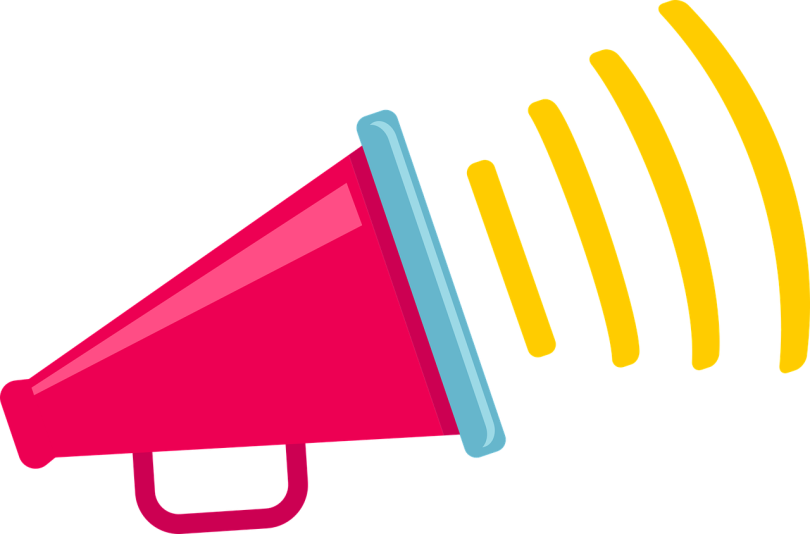
Check out all of the events related to voting and the November 2024 Election the John Jay College Faculty, Staff, and offices are sponsoring on-campus & virtually!
